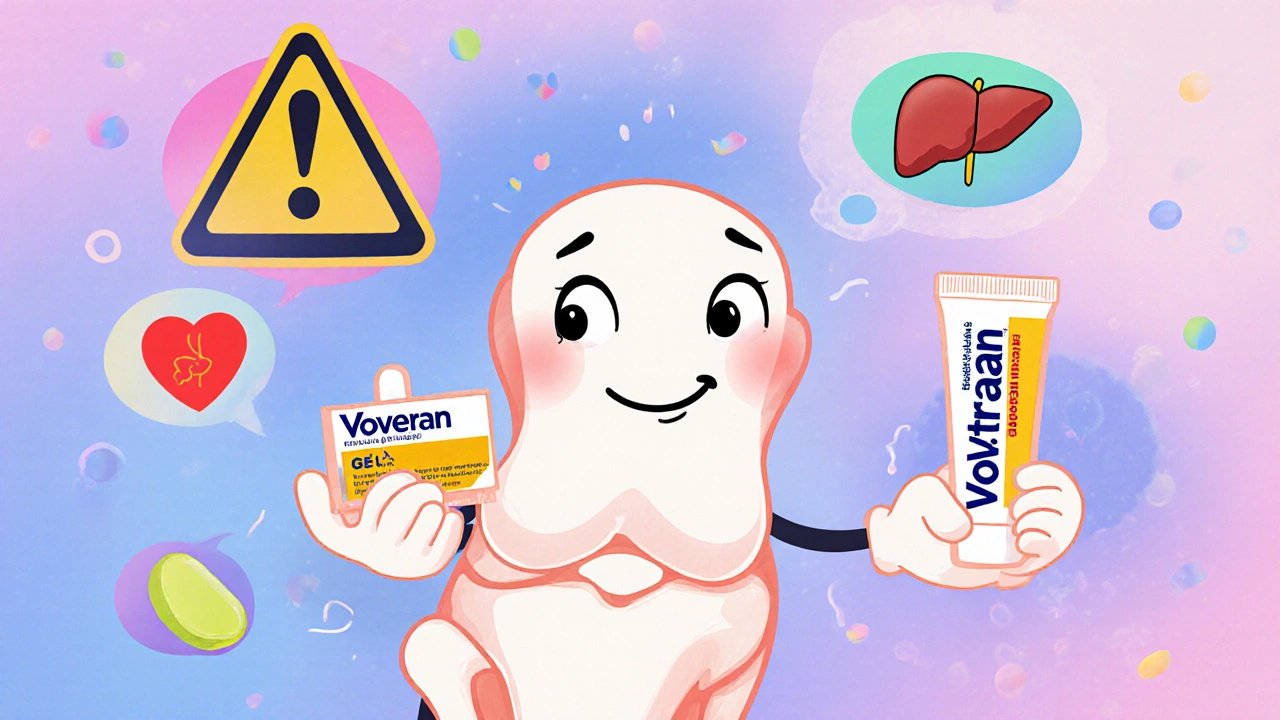NSAIDs: What They Are, How They Work, and What You Need to Know
When you reach for a pill to calm a headache, sore knee, or menstrual cramp, you’re likely reaching for an NSAID, a class of nonsteroidal anti-inflammatory drugs that reduce pain, fever, and inflammation by blocking certain enzymes in the body. Also known as non-narcotic painkillers, NSAIDs include common names like ibuprofen, naproxen, and aspirin—drugs you can buy off the shelf but that still carry real risks if used carelessly.
These drugs don’t just mask pain—they fight the swelling and irritation behind it. That’s why they’re so popular for conditions like tendonitis, inflammation of the tendons often caused by overuse or injury, or arthritis. But they’re not magic. Take too much, or take them too long, and you risk stomach bleeding, kidney damage, or even heart problems. And here’s the twist: many people don’t realize that acetaminophen, a common pain reliever often confused with NSAIDs isn’t one. It reduces pain and fever but doesn’t touch inflammation. That’s why it’s sometimes safer for people with stomach issues—but far more dangerous for the liver if misused.
What you’ll find in this collection isn’t just a list of pills. It’s real-world advice from people who’ve used NSAIDs for chronic pain, athletes managing tendonitis, and patients juggling multiple medications. You’ll see how NSAIDs fit into broader treatment plans—with yoga for bursitis, with nerve blocks for cancer pain, even with probiotics that might interfere with gut health. Some posts warn about hidden dangers: like mixing NSAIDs with coffee or chocolate, or taking them alongside blood pressure meds like Hyzaar. Others compare them to alternatives, helping you decide if you really need them—or if ice, rest, or physical therapy might work just as well.
There’s no one-size-fits-all answer with NSAIDs. For some, they’re a lifeline. For others, they’re a step toward bigger problems. The goal here isn’t to scare you off—but to help you use them wisely. Whether you’re dealing with everyday aches or long-term pain, what you’re about to read will help you make smarter choices, avoid common mistakes, and know when it’s time to talk to a doctor instead of reaching for another pill.

